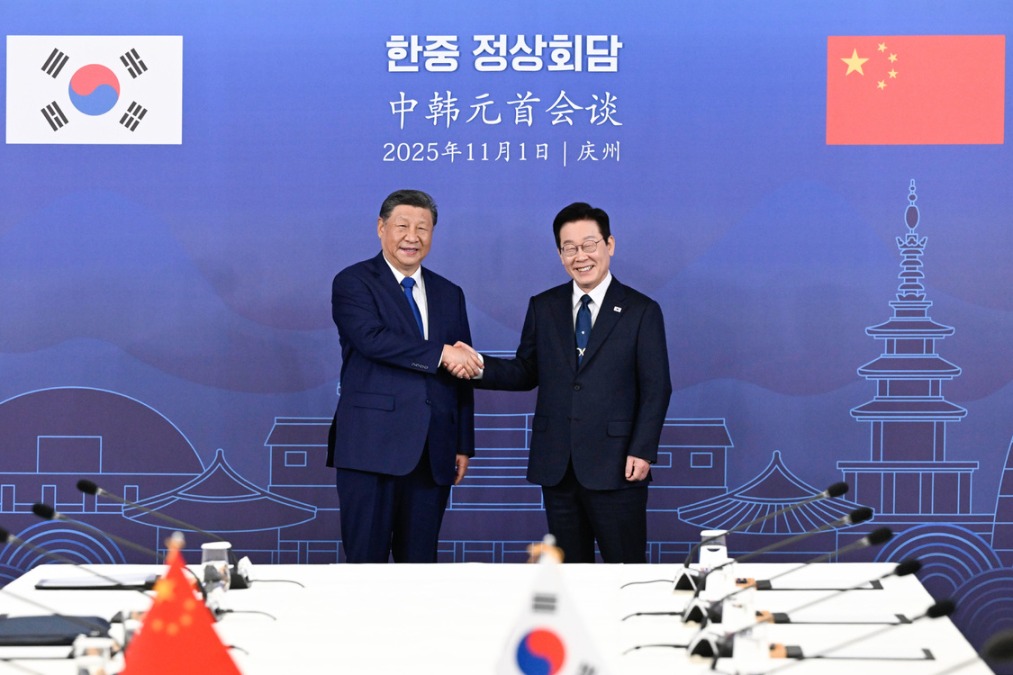Sino-French satellite set for June launch date
By ZHAO LEI | China Daily | Updated: 2024-04-11 09:20
A cutting-edge astronomical spacecraft jointly developed by China and France is scheduled to be deployed in orbit in June, according to the Chinese Academy of Sciences' Innovation Academy for Microsatellites in Shanghai, which built the satellite.
The spacecraft, called the Space Variable Objects Monitor, or SVOM, is a combination of small telescopes dedicated to the study of the most distant explosions of stars — gamma-ray bursts.
It is scheduled to be placed in a low-Earth orbit in June by a Chinese Long March 2C carrier rocket launched from the Xichang Satellite Launch Center in Sichuan province, the academy said.
Initiated in 2010, the SVOM project is the result of a collaboration between the China National Space Administration and France's National Center for Space Studies. It has involved scientists and engineers from multiple institutes, including the Research Institute in Astrophysics and Planetology in Toulouse and the Institute of High Energy Physics in Beijing.
The 930-kilogram spacecraft will carry four scientific payloads: the ECLAIRs coded mask camera and the Microchannel X-ray Telescope made by French scientists, and the Gamma-ray Burst Monitor and the Visible Telescope built by the Chinese team.
China and France will contribute to the mission's ground control, receive scientific data and arrange follow-up observations of gamma-ray bursts.
The SVOM is the second satellite jointly developed by China and France, following the China-France Oceanography Satellite that was launched from the Jiuquan Satellite Launch Center in northwestern China in October 2018.
That satellite obtained a great deal of data that has been used to study ocean surface winds and waves, predict cyclones and improve scientists' understanding of climate change.
Pang Zhihao, an expert on space exploration technology and a renowned writer on spaceflight, said that both countries have their own advantages and can complement each other in space programs.
He said China is good at designing and building sophisticated spacecraft and organizing massive space programs. It also has a lot of science and technology resources as well as engineering expertise that can be used in space exploration.
"Meanwhile, France is skilled in making some delicate scientific instruments that are essential in many space projects," Pang said. "It also has abundant knowledge of space science."
























